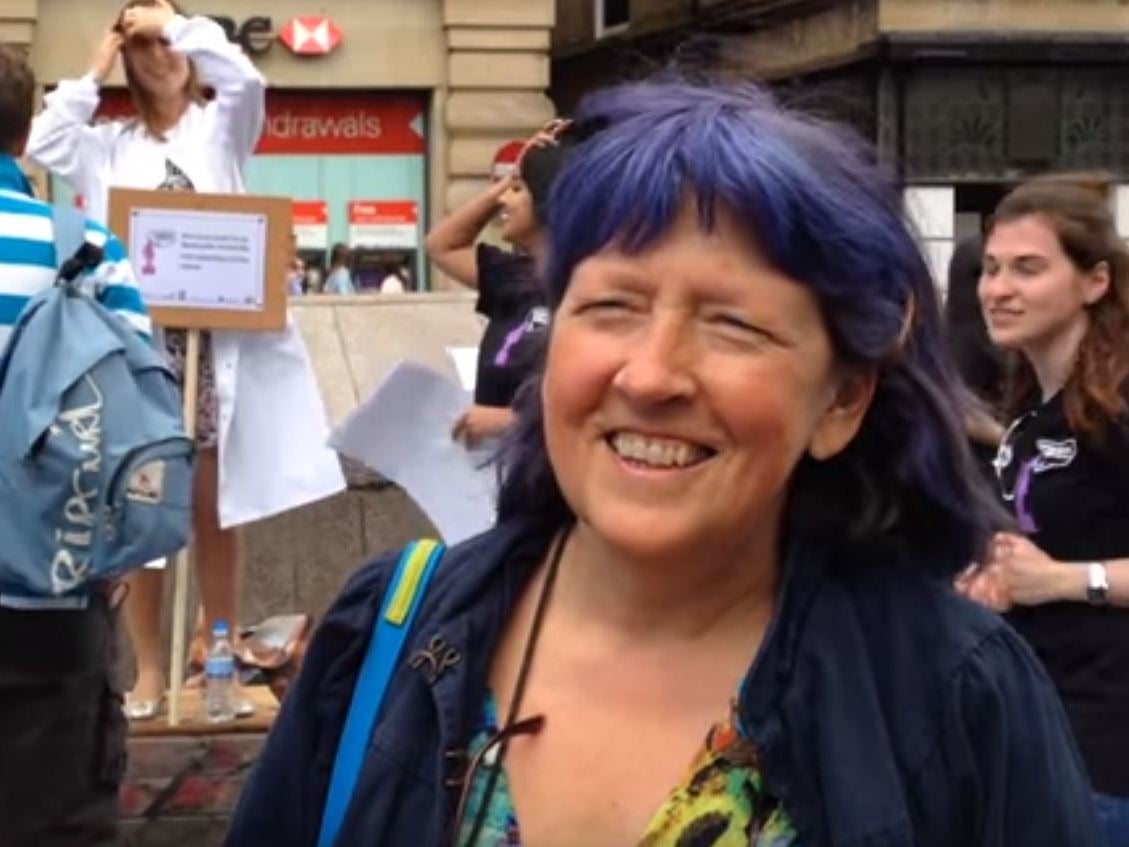Scientist who helped develop new drug for ovarian cancer donates all profits to charity
Professor Nicola Curtin donated almost a million pounds

A scientist who helped to develop a new drug for ovarian cancer has donated her share of the profits to a charity.
Professor Nicola Curtin, 65, was part of a team at Newcastle University who worked for 30 years to produce Rubraca, a cancer drug that has been approved for use on the NHS.
The drug is used to treat those with the specific BRCA gene.
Also known as the "Angelina Jolie" gene, after the actor who possesses it, the gene significantly increases the risk of ovarian and breast cancer.
The new drug works by enabling cancerous cells to repair their own DNA by killing tumour cells while leaving the healthy tissue relatively unaffected.
Newcastle University sold royalties for the drug for £31 million, according to the Northern Echo.
Professor Curtin used her £865,000 share of the funds to establish the Curtin PARP (Passionate About Realising your Potential) Fund at the Community Foundation, which will work with people to help overcome barriers in education and employment.
“It’s to help people who are at a disadvantage through no fault of their own,” she said.
“Young carers have quite a rough time, they miss out on opportunities at school because they’re busy looking after a sibling or a parent. They need a help up — so do refugees, so do all sorts of people.
“I just don’t believe that talent is restricted to white middle class people,” she said.
She added: “I’m a professor, I’m married to an engineer. We both struggle to spend what we earn, to be honest. We’ve got pretty modest lifestyles. I’m not a great one for gadgets because I don’t understand how to work them.”
Professor Curtin compared her payment to a lottery win.
She said: “I don’t think any scientist is driven by monetary considerations. What we’re driven by, largely, is finding things out. And the fact that we’ve hit gold with this drug is largely down to luck. There’s been a lot of hard work by a lot of people, but that’s true of many projects that don’t reach fruition in the same way. I could easily have been one of these people.”
Subscribe to Independent Premium to bookmark this article
Want to bookmark your favourite articles and stories to read or reference later? Start your Independent Premium subscription today.

Join our commenting forum
Join thought-provoking conversations, follow other Independent readers and see their replies